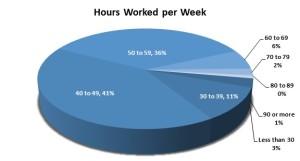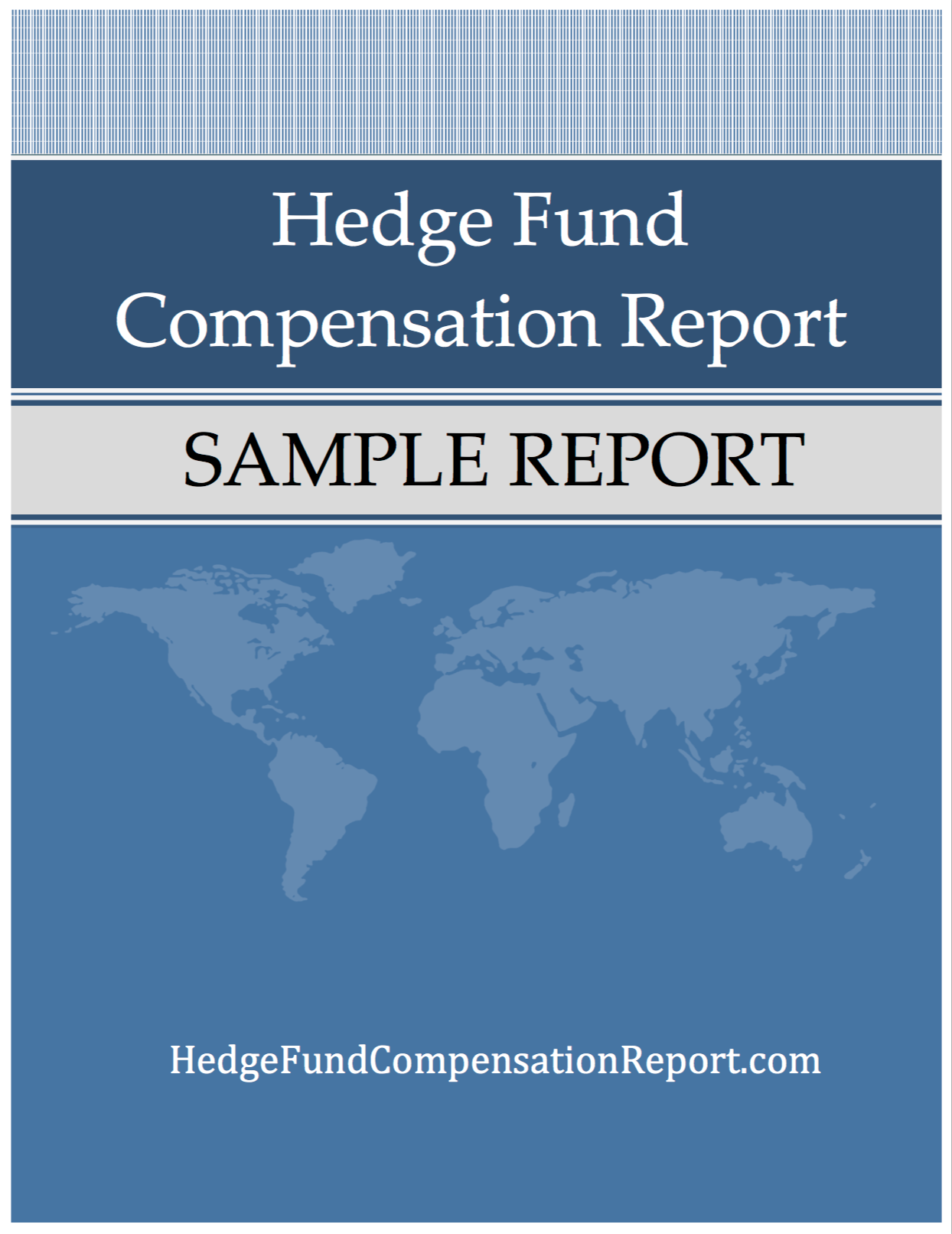There are few segments of the broader financial industry where 40 hour work weeks are common or traditional, and the hedge fund industry is certainly not one of those exceptions. Those in the hedge fund industry work long hours, but are often well rewarded for the time spent in the office. There are few industries or sectors that offer more per hour worked in total compensation than the hedge fund business.
With that said, in our 2015 Hedge Fund Compensation report, we found that the total hours worked by the average hedge fund professional had declined substantially year over year. While in 2013 we saw 11 percent of employees working over 70 hours per week, this year only 3 percent of professionals indicated that they were working such extensive hours. And on the lower end of spectrum, we saw a substantial advance in those working less than a typical 40 hour week, up to 14 percent this year from only 3 percent last year.
While those working greater than 70 hours and less than 40 hours are certainly outliers, it does appear that there is a more or less typical work week for a hedge fund professional. In response to our survey, 77 percent of respondents indicated that they worked between 40 and 59 hours. This represents a longer than average work week by broad American or European standards, but it’s certainly not extreme especially when compensation is considered.
On an hourly basis, those putting in the most hours do tend to make the most per hour. Those working over 70 hours per week are earning over $500 per hour compared to only $331 per hour for those working 40 to 50 hours per week. Combining a high hourly pay with a large number of hours in the office, these individuals are certainly among the highest earning hedge fund professionals. It is likely that these high earners are senior managers of hedge funds, which are often owners of their own operations themselves, and are highly motivated to see their firm’s succeed.
While the number of hours worked in the hedge fund industry may be on the decline, those at the top of the game continue to put in long days and we’d expect little change in this trend. This reality is not unfamiliar to business leaders and owners in any industry, where the motivation to put in long hours stems from personal skin in the game and a desire to see their projects succeed. Those working more reasonable 40 to 50 hour weeks may need to keep these longer hours in mind as they eye up promotions or launching out on their own.


